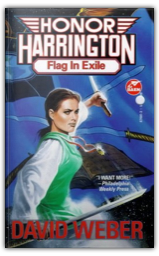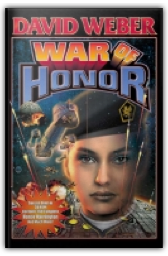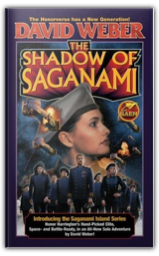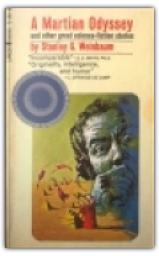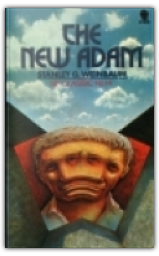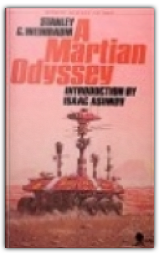 Ashes of Victory
David Weber
Ashes of Victory
David Weber
"Why in Christ's name can the woman never bring a ship back intact?" muses Hamish Alexander at the triumphant return of Honor Harrington in Ashes of Victory, the apparent resurrection of a woman he'd seen executed by the Peeps some two years earlier. Yep, she's back: minus a left arm and an eye, minus a few inches of hair, and more than a little banged up in the process, the indestructible, ever-resilient Honor is back from the dead—and she's got some 400,000 liberated POWs from Hades in tow for good measure. 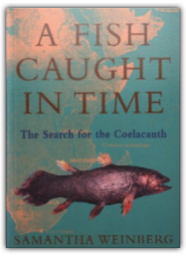 A Fish Caught in Time
Samantha Weinberg
A Fish Caught in Time
Samantha Weinberg
This witty account of the current state of play in the search for extant species of the coelacanth, the living fish which may be descended from the ancestors of all land life, starts, as it has to, with Marjorie Latimer, the curator of a small museum, who had been taught her palaeontology by very strict nuns. When a fisherman showed her an odd fish, she instantly recognised it as supposedly extinct for millions of years. Several years later, after endless promises of rewards, the first of many coelacanths was fished out of the sea round the Comoros—they were being thrown back since time immemorial because they are not good eating and have a strongly laxative effect. There followed an unedifying tale of national rivalry—South African and French skulduggery and national pride in dead fish—a risk of a final extinction caused by Chinese herbalists, and discoveries of more fish off Madagascar and Indonesia. Weinberg knows what is important and what is not, but does not let good stories go unnoticed all the same. Her command of the details is impressive—you come away knowing what the excitement was all about. The account is excellent and humane, if cute—and the cliffhangers about extinction and possible other habitats are exciting as well. —Roz Kaveney |
 Made with Delicious Library
Made with Delicious Library
London, State zipflap congrotus delicious library Scott, Mike




